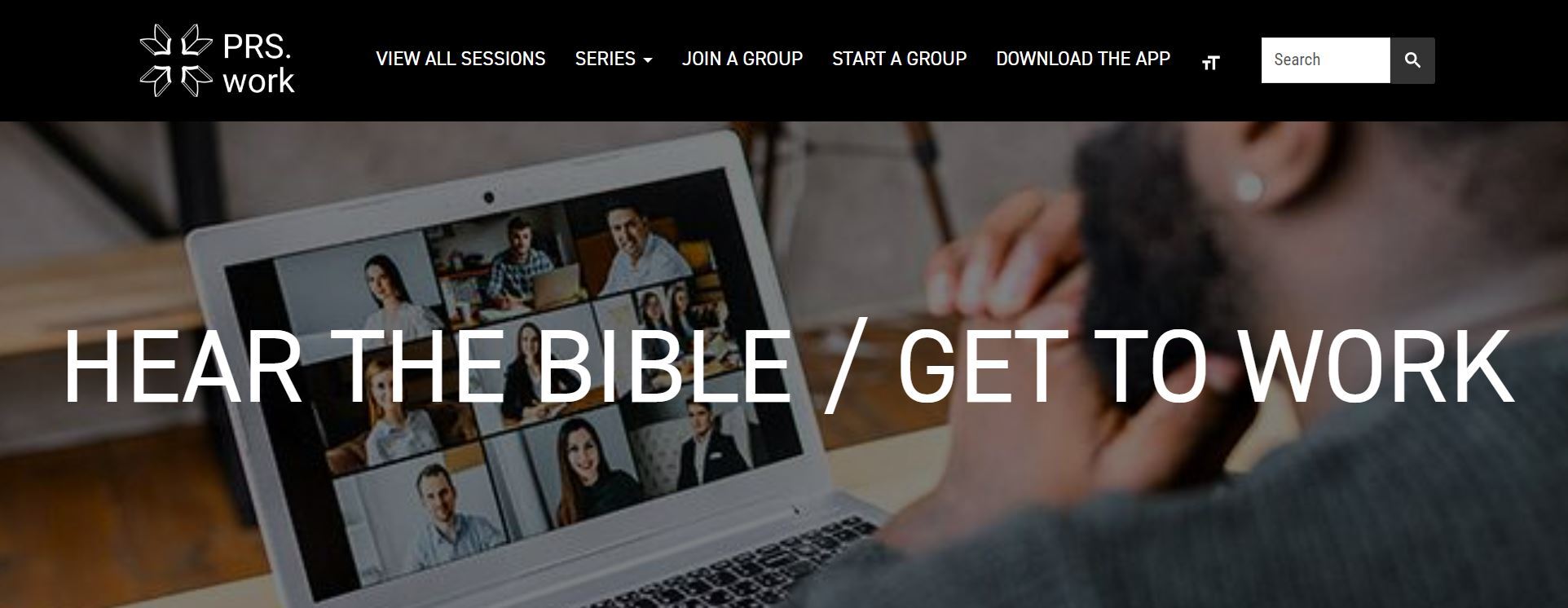God’s Word for Work: Online Bible Study
Small Group Study / Produced by TOW Project
The simple, easy, free way for you to have an online Bible study, is now PRS.work.
You can find over 100 plug and play video bible studies at PRS.work

Related Content
Related Content
Popular Content
Popular Content
Donate
Copyright
Image by ArtFamily via Shutterstock . Used with Permission.
Copyright 2020 by the Theology of Work Project, Inc. and The Grace and Mercy Foundation. Audio Bible used under license by The Grace and Mercy Foundation.
Unless otherwise noted, the Scripture quotations contained herein are from the New Revised Standard Version Bible, Copyright © 1989, Division of Christian Education of the National Council of the Churches of Christ in the U.S.A., and are used by permission. All rights reserved.






